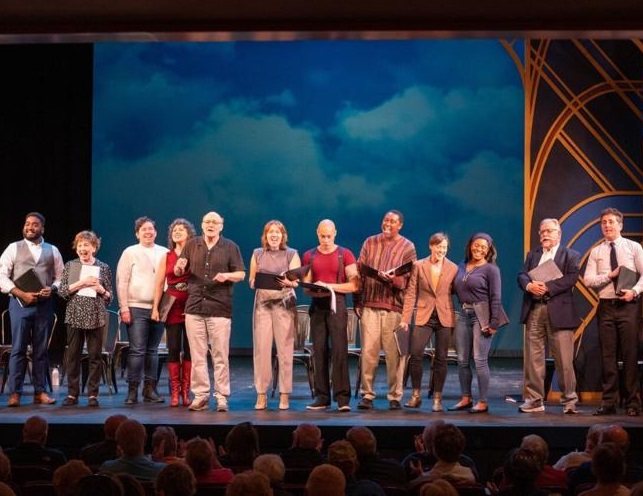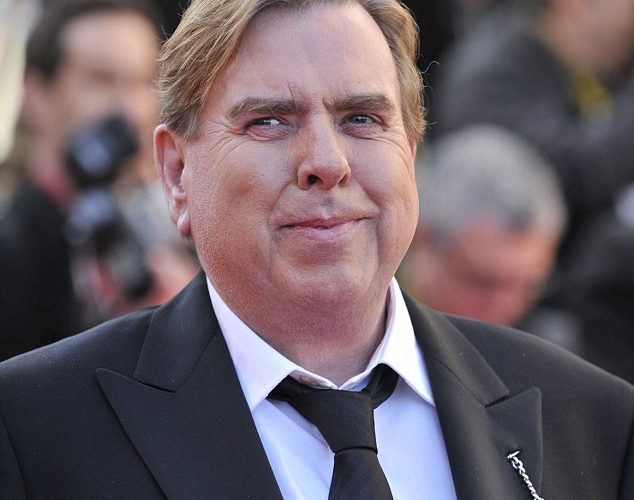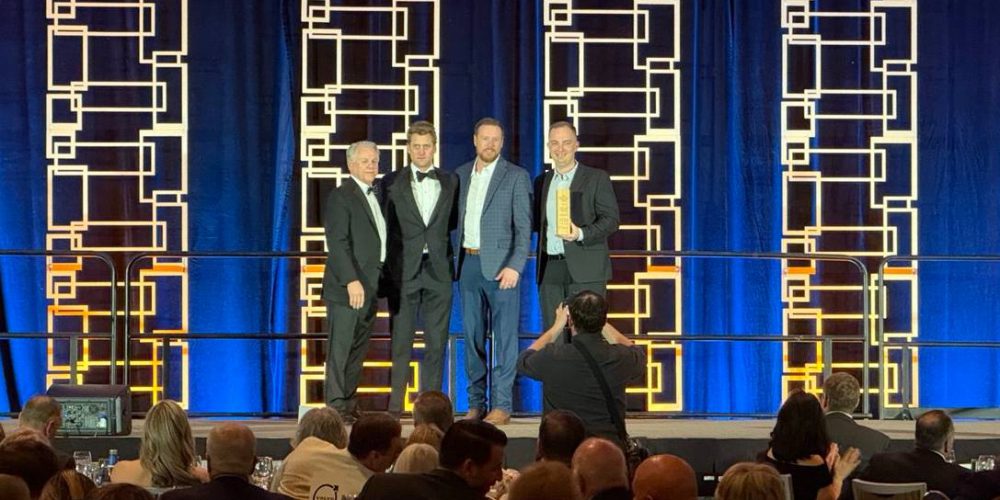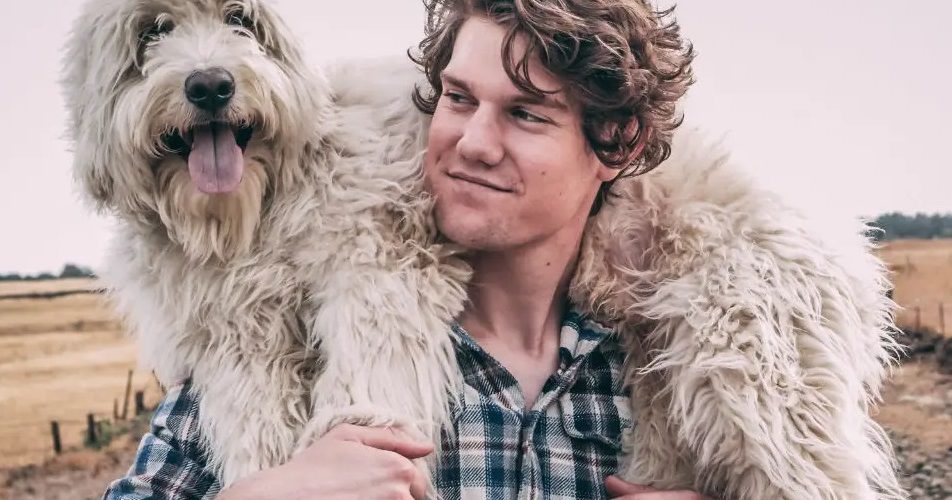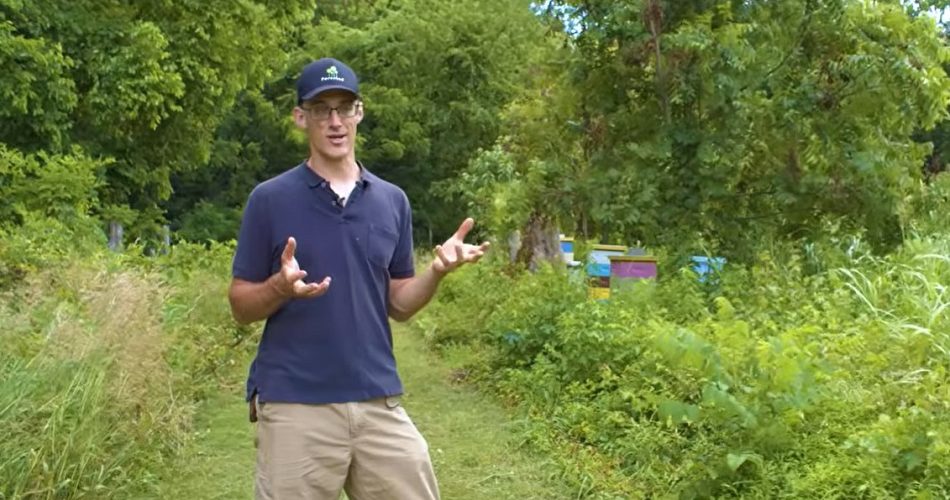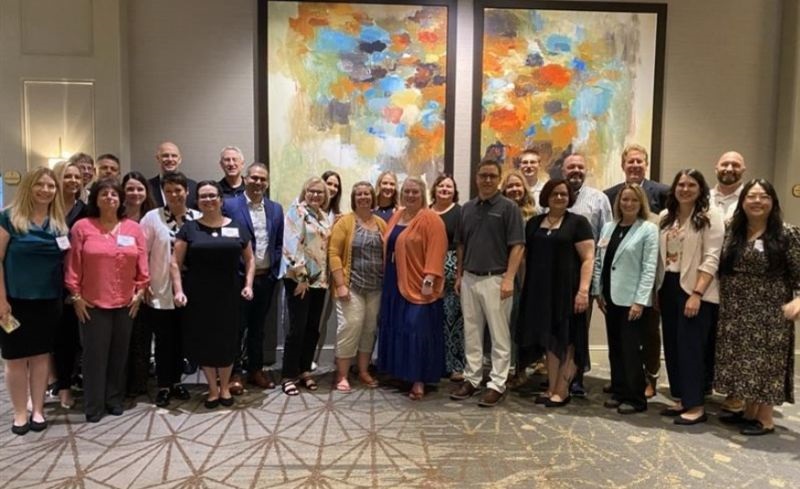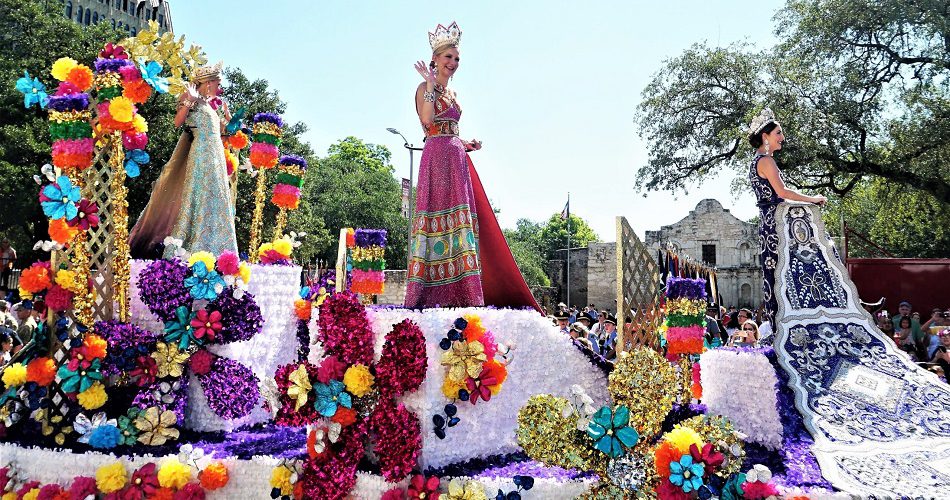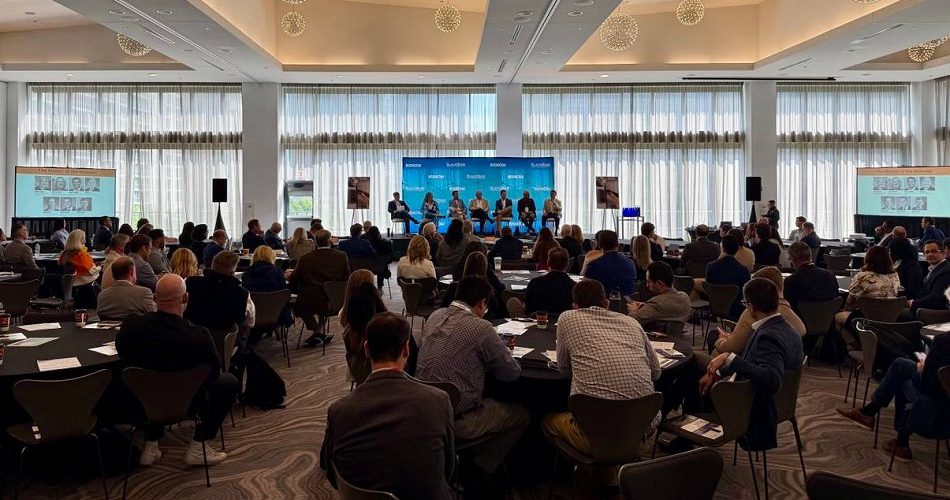Bruce Hornsby: I try to do something that has depth and gravitas that connects
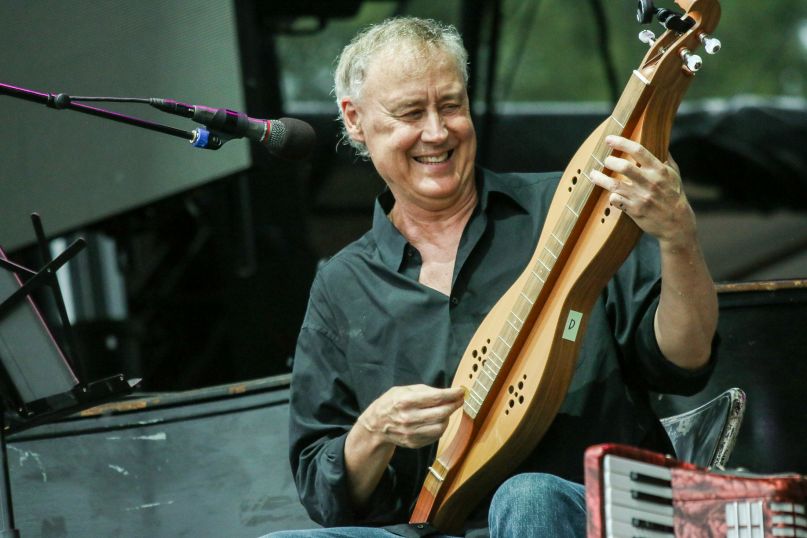
Bruce Hornsby could have spent his years gradually winding down from MOR superstardom. He could have kept making albums that sounded a bit like The Way It Is, the lambent, piano-driven song that was a worldwide hit in 1986. And by now he would probably be co-headlining tours called something like Everlasting 80s.
Would he rather stay at home in Williamsburg, Virginia watching basketball all day than surrender to that past?
“I’d rather teach school,” he says laughing.
Evidently, Hornsby didn’t keep making albums that sounded a bit like The Way It Is, even though it’s the one song of his that pretty much everyone knows: the one sampled by Tupac and Snoop Dogg, the one whose DNA – washes of synth overlaid with rolling piano – is very much present in the last couple of albums from the War on Drugs. Instead, he’s spent the last 30 or so years pursuing a singular musical path.
“I’m in search of the chills,” Hornsby says. “That leads me very far afield, ranging from old-time traditional music, folk music, bluegrass, country, shape note singing, gospel music, the tradition in church music, to the most astringent, acrid, dodecaphonic modern classical music that I regularly inflict on my poor unsuspecting audience, much to their chagrin.”
It is hugely possible, nevertheless, that you might regard news of Hornsby’s new album, Absolute Zero (which features long-term admirer Justin Vernon, of Bon Iver), with apathy at best and disdain at worst. I came to it by chance, seeking something easy to play in the background while I worked, and then I was simply stunned by one of the most unexpectedly pleasurable records of the year, one of questing experimentalism married to a rich melodicism. If it were by These New Puritans, everyone would be crazy about it.
“There are some minimalist composers that influenced me on this record – Steve Reich, Philip Glass, John Adams – and that tends to be a less chromatic, dissonant area of music,” says Hornsby. “But the influences I’ve been into for many years are the great American avant-garde composer Elliott Carter, Schoenberg, Webern, Olivier Messiaen, Ligeti. Ligeti and Carter show up on this record.” That’s before you get to the lyrics, which were shaped by reading David Foster Wallace and Don DeLillo among others. But how did he get here? How did that chap and the MOR hit end up making records as unconventional as Absolute Zero?
The Way It Is became a hit by accident; no one at RCA wanted it released as a single, but a Radio 1 producer named Mik Wlikojc picked up on it. Hornsby had been a musician for years – conservatoire-trained (at Berklee), and in scores of bands, so he already had a huge frame of reference. “On the one hand I’m a schooled musician, so I studied deeply and was turned on to an amazing variety of music in college. But at the same time, I was playing in a rock band. I was playing fraternity parties.. I was playing at country club parties and bar mitzvahs, playing KC and the Sunshine Band.”
He thought he was prepared for pop stardom. “And then I realised: I’m pretty bad at this. And so I thought maybe I wasn’t that prepared, even though I was older. Well, I was 31 when it happened, so I got in under the wire. In a nutshell, I was pretty bad at being a pop star. I would find myself at a radio fan fest, at a table with a bunch of CDs or LPs, with a pen in hand to sign records. And all around me were New Kids on the Block and Tiffany and Debbie Gibson. Sometimes I would find myself in places where I would think, ‘Hmmm, I wish there was an eject button I could press right now.’”
There was an upside, too. First, he was the songwriter and producer on the three Bruce Hornsby and the Range albums, in the days when CDs cost a fortune. So he made the money that has enabled him to pursue his own idiosyncratic path since. “And I started getting asked to play on so many amazing artists’ records – Bob Dylan, Robbie Robertson, Bonnie Raitt, on and on. I got to step into their worlds and see their process and learn from that, especially Robbie Robertson. But probably more importantly, I got asked to play with the Grateful Dead. I did that for a couple of years, and the relationship lasted until 2015, when I played the farewell concerts.”
Hornsby says people wrongly assume the Dead freed him to improvise; he points out that he was trained as a jazz pianist, and he’d been improvising for years. Perhaps what they did, though, was free him from the expectation that he should stay on the musical straight and narrow. Certainly, it’s in the years since he played with the Dead that Hornsby has gone wherever he wants, whenever he wants. And he now has several disparate audiences who come to see him. “There are people who come to see me hoping for a nostalgic night out, a stroll down memory lane, and they’re usually disappointed,” he says. “Then we have a group of people who are adventurous musical listeners and they’re interested in seeing our spontaneous moves, how we’re going to take the songs and move it and change it. So that’s the audience we really want.” And since the endorsement from Justin Vernon, who also appeared on his last record, Rehab Reunion, “increasingly we have a younger audience that’s interested in the ever-searching grandpa”. Again, he laughs at the absurdity of it all. “Though I am not a grandfather yet.”
There is a place in the middle where Hornsby wants to be, but not the middle of the road. “It’s really simple to be very straight and paint by the numbers and copy the latest fads and styles and fashions, and do something very straight,” he says. “It’s not difficult to be very obtuse and obscure and out there in your music and do something completely inscrutable. For me, the really difficult area in which to work is the middle ground, where you try to do something that has some depth and some gravitas that also connects. That’s where I reside. There are great examples of that through the years – Peter Gabriel was that. There are several indie rock and alternative groups that have that kind of success – Arcade Fire, Bon Iver. I think that’s the toughest trick. So it’s in the middle for me.”
It’s a very particular version of the middle, admittedly. There’s nothing bland or unchallenging about it. But if you only listen to one record this year by an 80s MOR star who’s now embracing “the area of modern classical music that most modern people don’t enjoy, to put it mildly”, then Absolute Zero should be it.
Absolute Zero is out now on Zappo Productions.


